Articles containing: stress
Addressing Your Family’s Anxieties about the California Wildfires
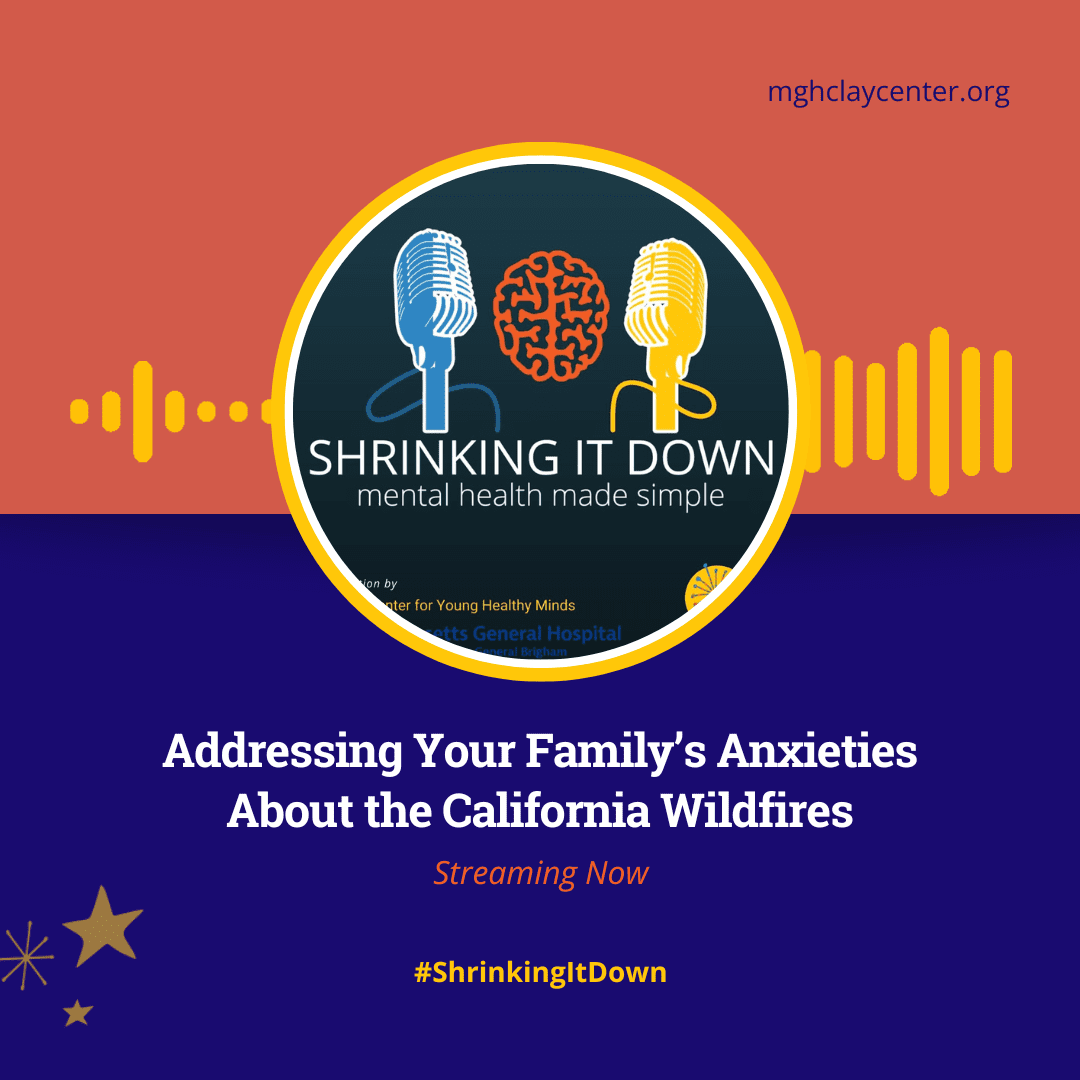
The Palisades Fire has been devastating California since the start of the year, destroying over 23,000 acres and nearly 5,000 structures.
Parents Under Pressure: A Response to the Recent U.S. Surgeon General’s Advisory on the Mental Health
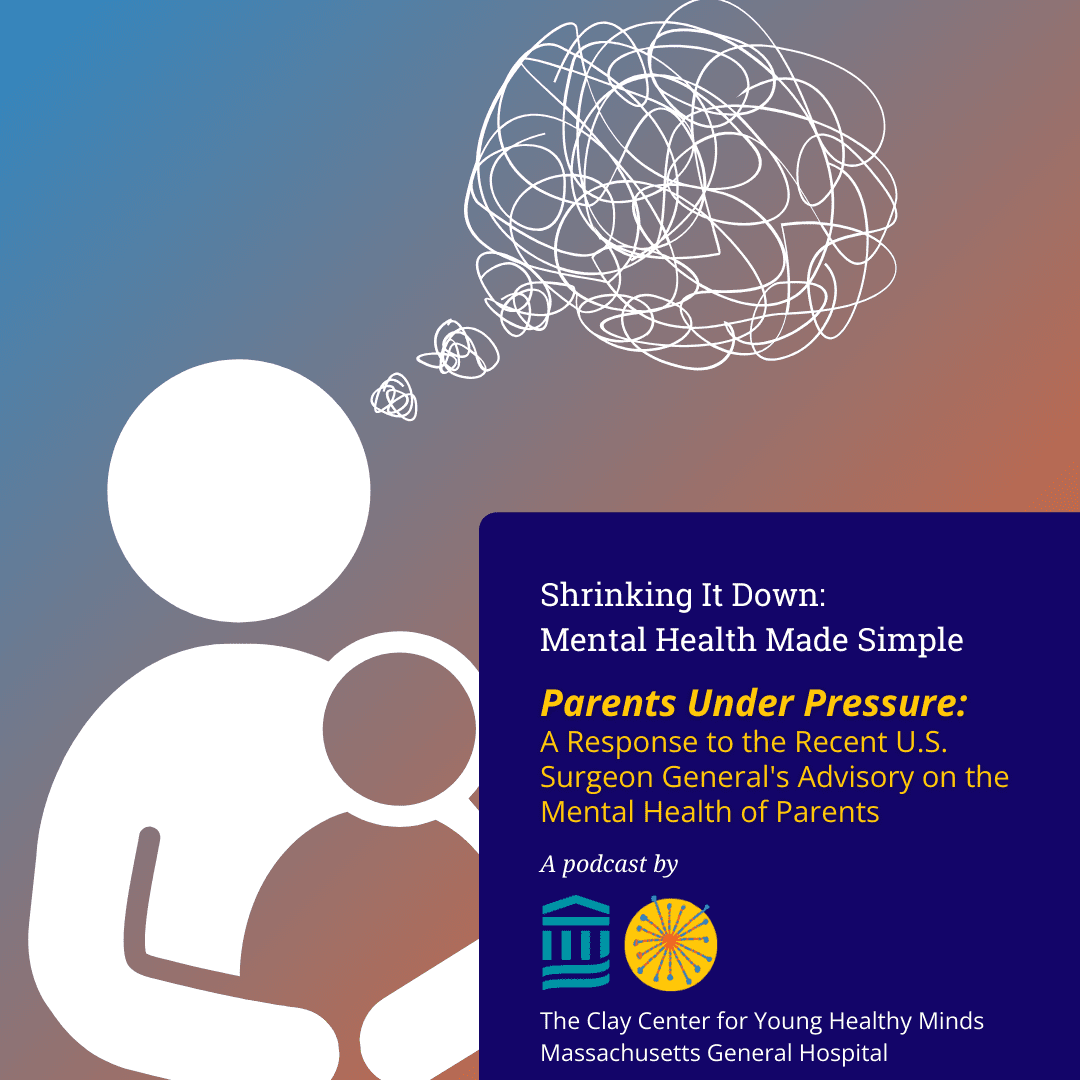
In the recent Advisory, Parents Under Pressure, the US Surgeon General noted that parents are currently more stressed, burned out, and lonely than ever before. The alarming statistics are not all that different than his Advisories on the Youth Mental Health and Loneliness Epidemics that have been escalating since the late 1970s.
Parental Stress: Practical Tips in Response to the New Surgeon General’s Advisory

In the recent Advisory, Parents Under Pressure, the US Surgeon General noted that parents are currently more stressed, burned out, and lonely than ever before. The alarming statistics are not all that different than his Advisories on the Youth Mental Health and Loneliness Epidemics that have been escalating since the late 1970s.
The Youth Mental Health Epidemic: What Parents and Caregivers Can Do

In April 2024, I wrote an editorial in Academic Psychiatry with my colleagues indicating that the leadership of our field had fallen short in satisfying our moral, ethical and professional standards to promote efforts to address the mental health epidemic among our youth.
What If My Child Has an Anxiety Disorder?
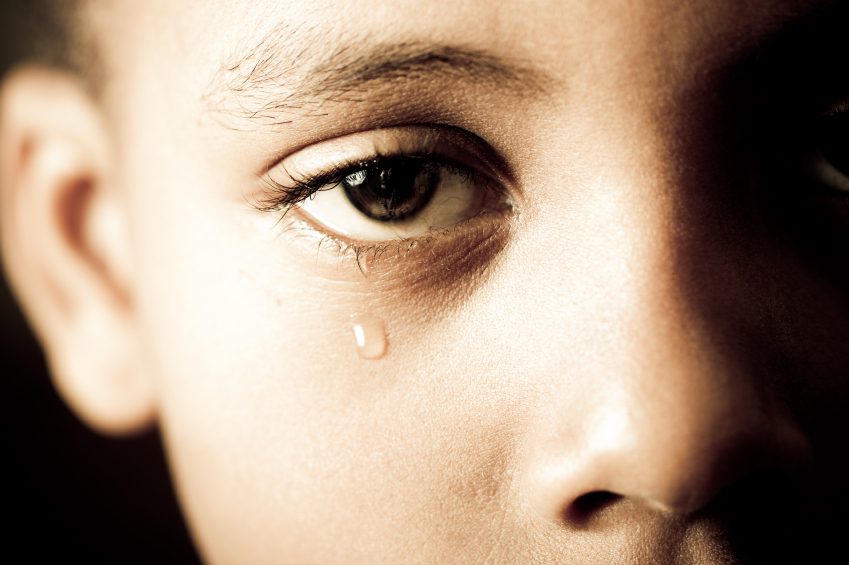
Seth just started driving, and he’s doing pretty well. The written test was a breeze, and on the streets around his house he feels comfortable. He even volunteered to drive his little sister to the mall.
Youth Athlete Mental Health ft. Dr. Mai Uchida, MD – Shrinking It Down
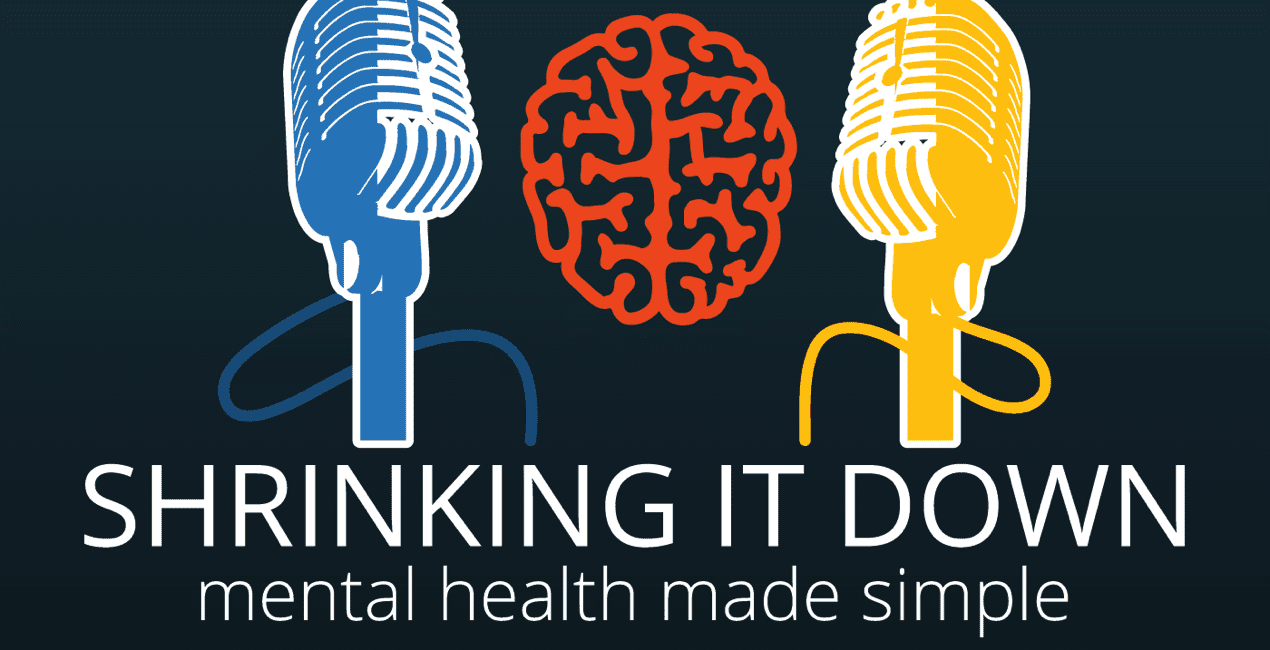
At what point are we pushing our young athletes too hard? We all watched 15-year-old Russian Olympic skater, Kamila Valieva, exit the ice in tears after a doping scandal.
Coping With Holiday Stress: 11 Parenting Tips

For many, the holidays are anticipated as idyllic. A long awaited time to connect with family and friends, share memories, play games, watch familiar movies (we all have our favorites – Home Alone, Harry Potter, Elf, It’s A Wonderful Life – you know yours), watch sports, cook together.
Mental Health Challenges and Latinx Children & Teens, featuring Angel Caraballo, MD – Shrinking It Down
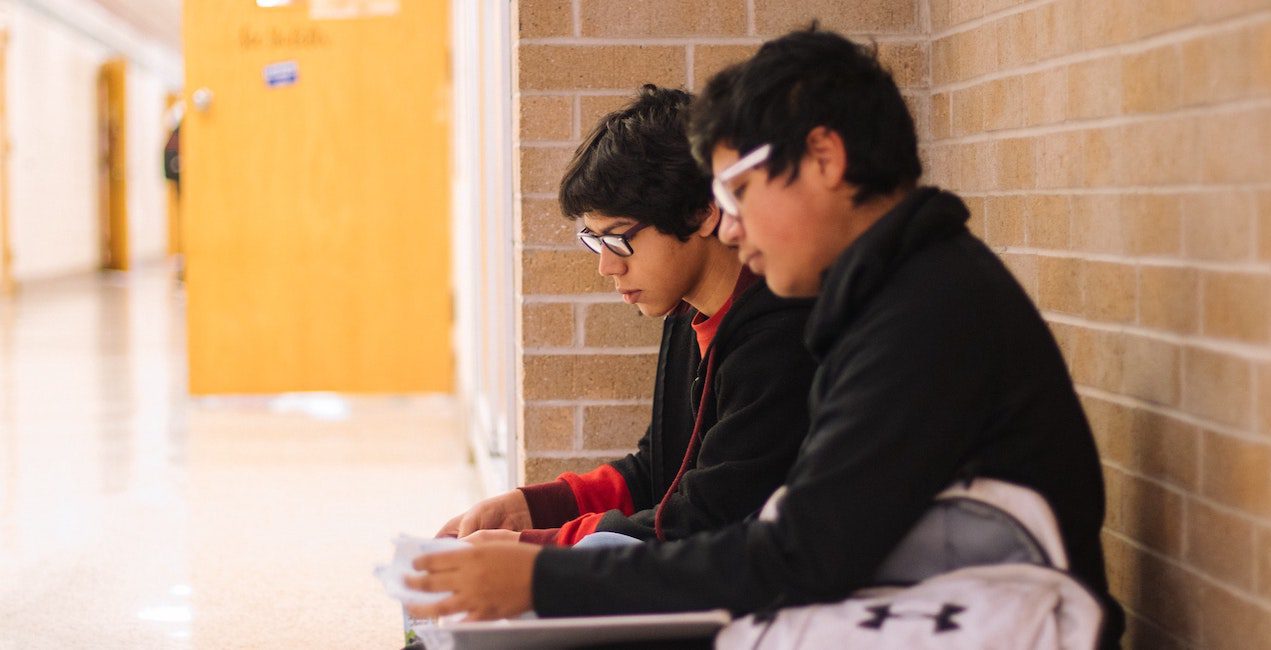
Over the past year, the Clay Center has worked to support even more young people by translating our free, online resources for Spanish-speaking parents and caregivers.
9 Self-Care Tips for Teachers

Download “Self-Care Tips for Educators” – perfect for posting in your school or classroom!
Since COVID-19, teachers have continued to feel additional pressures on top of their already demanding work lives:
Being responsible for teaching and emotionally supp
Coping With Disaster Fatigue: A Guide for Families
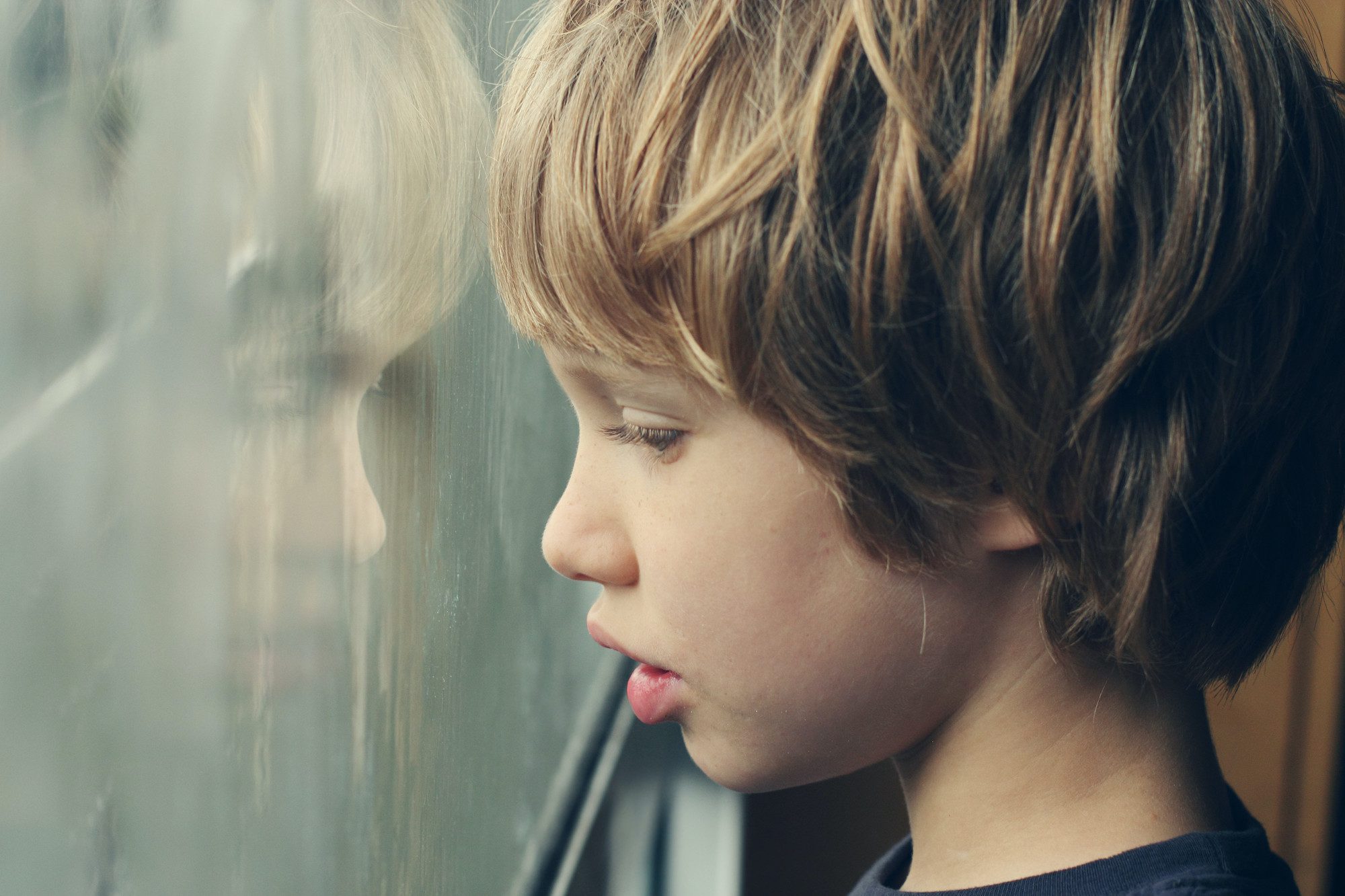
Mother nature has not been easy on us, lately.
We have shouldered one weather-related crisis after another. The United States has had a record number of wildfires, tropical storms, derechos, and tornados. And these disasters do not include other serious weather-related concerns, like record-breaking heat, droughts, floods, or mud slides.



